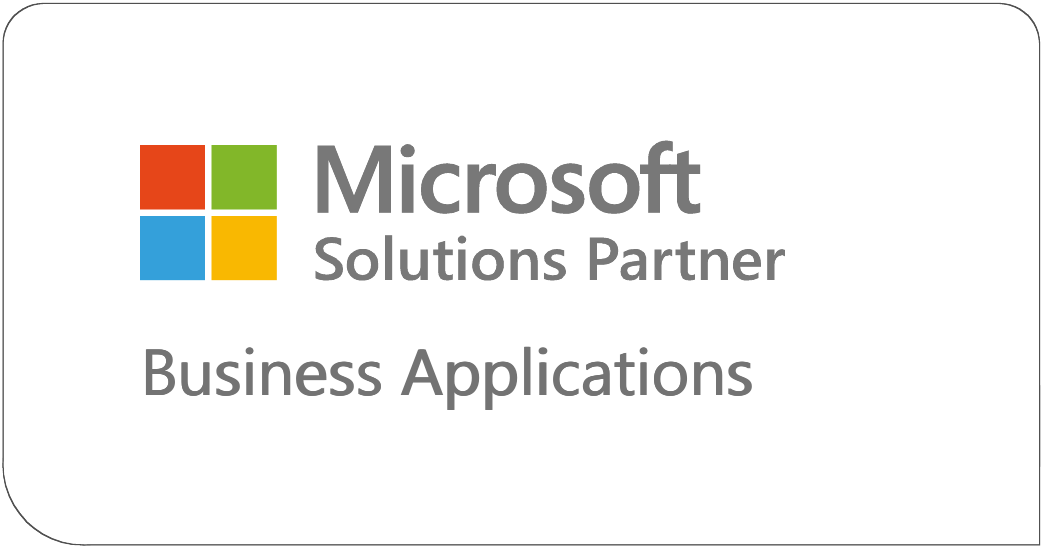| Hamza Khan
Unlocking the Power of Automation with ChatGPT: How Integrating Natural Language Processing Can Streamline Your Business Processes?
Power Automate is a powerful tool for automating various tasks and processes in your organization. With Power Automate, users can create custom workflows, called "flows," that automate tasks such as data collection, data processing, and notifications. These flows can be triggered by events, such as a button press, a new email, or a change in a SharePoint list. Once a flow is triggered, it can perform actions such as sending an email, creating a new record in a database, or updating a SharePoint list.
Meanwhile Chat GPT is a large language model developed by OpenAI. It is a variant of the GPT (Generative Pre-training Transformer) model which is trained on a massive amount of text data to generate human-like text. It can be fine-tuned for various natural language processing tasks such as language translation, text summarization, question answering, text generation, and more.
One of the ways you can use Power Automate is by integrating it with ChatGPT, a large language model developed by OpenAI. In this blog post, we will discuss how you can use ChatGPT in Power Automate to automate tasks and processes related to natural language understanding and generation.
Step 1: Create a Power Automate flow
The first step in using ChatGPT in Power Automate is to create a flow. You can do this by going to the Power Automate website and clicking on "Create a flow." From there, you can select the type of flow you want to create, such as a "button flow" or a "scheduled flow."
Step 2: Connect to ChatGPT API
Once you have created your flow, the next step is to connect to the ChatGPT API. You can do this by adding an "HTTP" action to your flow and configuring it to make a request to the ChatGPT API. You will need to provide your API key and any other required information to make the connection.
Step 3: Send the text to ChatGPT API
After connecting to the ChatGPT API, you can now send the text to be processed. You can do this by adding an "HTTP" action to your flow and configuring it to make a POST request to the ChatGPT API. In the body of the request, you will need to provide the text you want to be processed, along with any other required information.
Step 4: Receive the response from ChatGPT API
Once the text has been sent to the ChatGPT API, you will receive a response containing the processed text. You can parse this response to extract the relevant information and use it in your flow.
Step 5: Use the processed text in your flow
Finally, you can use the processed text in your flow to automate tasks and processes. For example, you could use the processed text to generate a response in a chatbot, or to extract information from a document and create a new document with that information.
Other use cases of power automate flow integrated with ChatGPT can be :
1)Automated customer support: Power Automate can be used to create a chatbot that utilizes ChatGPT to respond to customer inquiries in real-time. This can be used to handle common customer service requests, such as providing tracking information or answering product questions.
2)Email classification: Power Automate can be used to process incoming emails and extract relevant information, such as the sender, subject, and body of the message. ChatGPT can then be used to analyze the content of the email and classify it based on its intent or topic.
3)Language Translation: ChatGPT can be integrated with Power Automate to provide language translation services for incoming emails, chatbot interactions, or other forms of customer communication.
4)Text generation: Power Automate can be used to trigger ChatGPT to generate human-like text, such as writing emails, articles, or social media posts. For example, a workflow could be set up to automatically generate a weekly newsletter based on a specific topic, or to generate responses to customer complaints.
5)Virtual Assistant: Power Automate can be used to create a virtual assistant that utilizes ChatGPT to answer questions, provide information and perform tasks in natural language, such as scheduling appointments, booking flights or providing weather updates.
Join us next time, as we continue our journey of learning canvas apps.Click here to learn more about Imperium's Power Apps Services. We hope this information was useful, and we look forward to sharing more insights into the Power Platform world.

